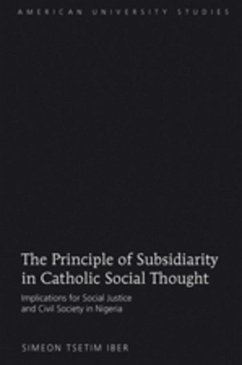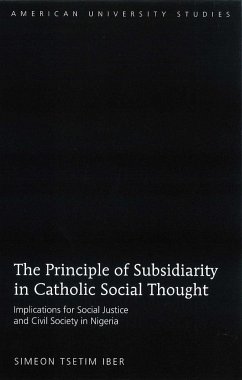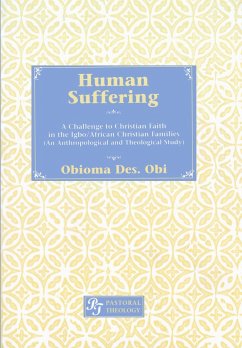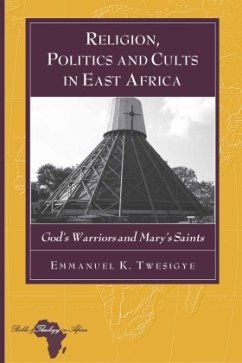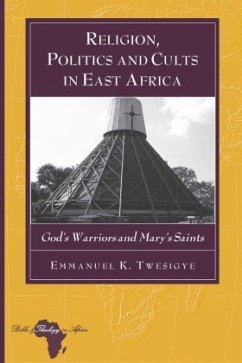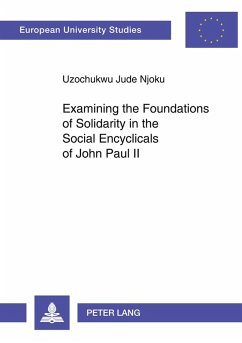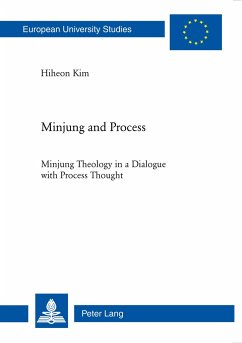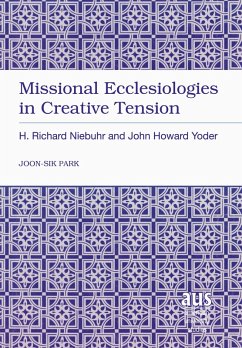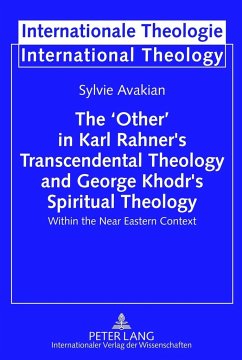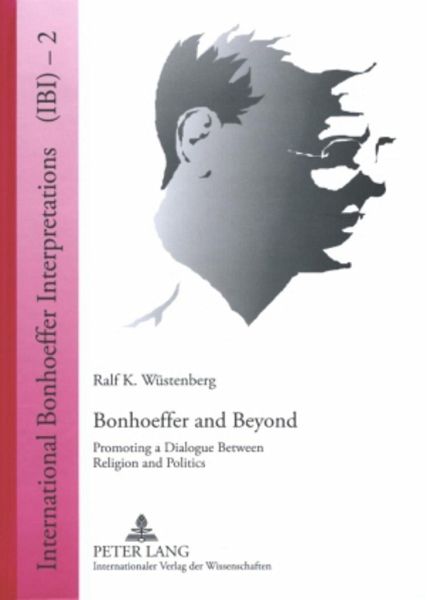
Bonhoeffer and Beyond
Promoting a Dialogue Between Religion and Politics
Versandkostenfrei!
Versandfertig in 6-10 Tagen
64,80 €
inkl. MwSt.

PAYBACK Punkte
0 °P sammeln!
What might the often cited phrases from Dietrich Bonhoeffer's prison theology mean for the ethical discourse at the beginning of the 21st century? Which hermeneutical concepts might enable contemporary religious thinkers to enter into a dialogue with Bonhoeffer's thought? This collection of lectures will address questions like these both by examining the intellectual, cultural and historical origins of Bonhoeffer's Tegel Theology and by drawing out the ethical consequences of Bonhoeffer's contribution for current political discourses. Going Bonhoeffer and Beyond - as the title indicates - mean...
What might the often cited phrases from Dietrich Bonhoeffer's prison theology mean for the ethical discourse at the beginning of the 21st century? Which hermeneutical concepts might enable contemporary religious thinkers to enter into a dialogue with Bonhoeffer's thought? This collection of lectures will address questions like these both by examining the intellectual, cultural and historical origins of Bonhoeffer's Tegel Theology and by drawing out the ethical consequences of Bonhoeffer's contribution for current political discourses. Going Bonhoeffer and Beyond - as the title indicates - means interpreting contemporary issues like religious pluralism and political ethics in the light of Bonhoeffer's key ideas such as his Christological «life-concept» or his ethical distinction between the «ultimate and the penultimate things».





